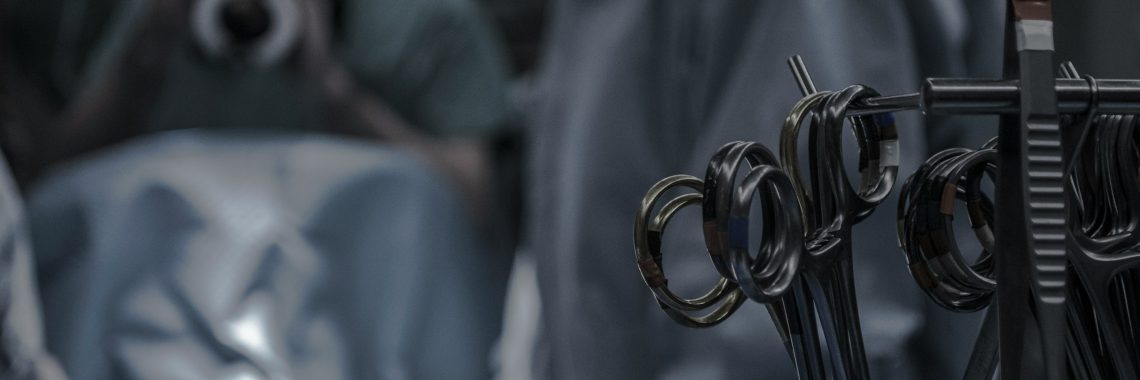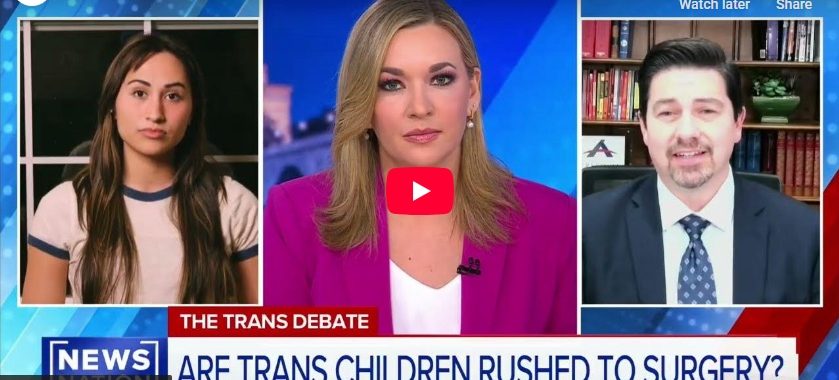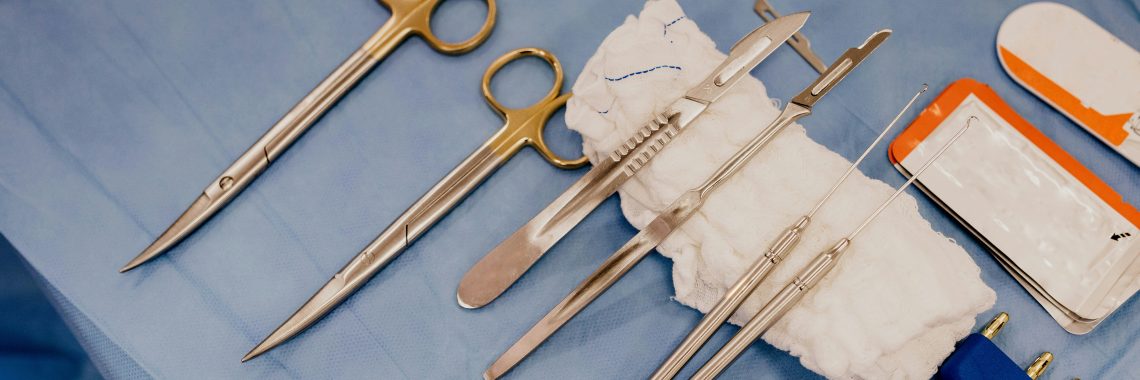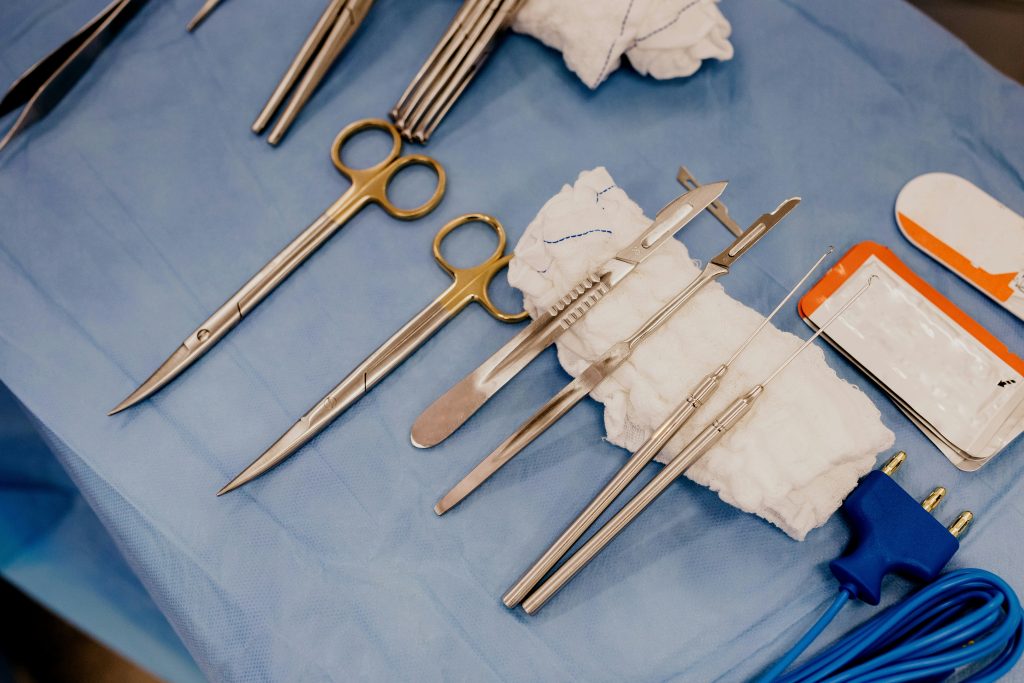New York Hospital Stops Performing Sex-Change Surgeries on Kids
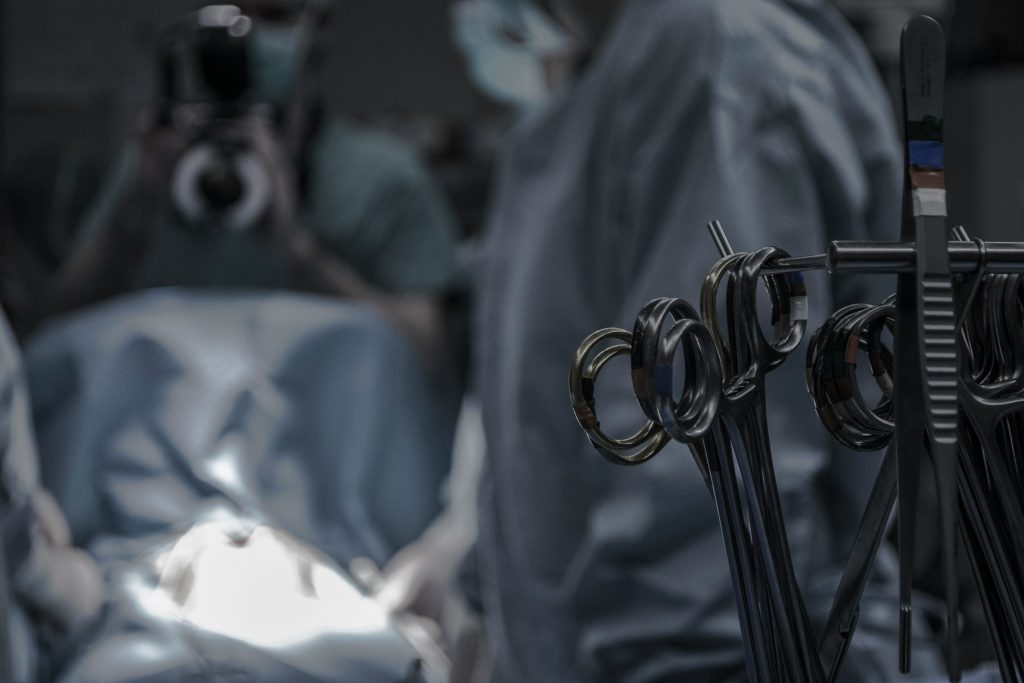
A major New York City hospital announced last week it will stop performing sex-change surgeries on children.
In a statement, NYU Langone Health’s senior director said, “Given the recent departure of our medical director, coupled with the current regulatory environment, we made the difficult decision to discontinue our Transgender Youth Health Program.”
This is really good news. Public health experts and policymakers in the U.S., the U.K., Sweden, Finland, and other nations have found that science simply does not support giving puberty blockers and cross-sex hormones to kids.
These drugs and procedures carry serious risks — including infertility, sexual dysfunction, impaired bone density, and cardiovascular problems.
Pro-LGBT activists and medical organizations spent years citing each other’s work in a circular pattern to manufacture a fake consensus about performing sex-change procedures on kids.
Whistleblowers have testified about how they were rushed through gender transitions as children without understanding the procedures’ risks, consequences, or alternatives.
For the past 12 months, federal officials have worked to reverse course and protect children from these dangerous procedures.
Last year, President Trump issued an executive order prohibiting federal funding from being used for sex-change procedures on kids.
Over the summer, the Federal Trade Commission (FTC) announced a public inquiry into whether U.S. doctors and clinics may have deceived parents and children about the risks of these procedures. The U.S. Department of Justice also subpoenaed doctors and medical facilities involved in performing sex-change procedures on minors.
The U.S. Department of Health and Human Services has discussed a series of regulatory actions to protect children from these procedures.
In September, the U.S. Department of Justice sent Congress the federal Victims of Chemical or Surgical Mutilation Act. The proposed federal law would generally prevent doctors, hospitals, and clinics from performing sex-change surgeries on children or giving them puberty blockers or cross-sex hormones.
In 2021, lawmakers in Arkansas passed the Save Adolescents from Experimentation (SAFE) Act. This good law generally prohibits doctors from performing sex-change procedures on children or giving them puberty blockers and cross-sex hormones.
The SAFE Act was upheld in federal court last year and is protecting children in Arkansas right now.
It’s good to see medical professionals finally taking steps to protect children from dangerous sex-change procedures. It represents what some have called “a refreshing return to sanity” when it comes to how we help children with gender dysphoria.
Articles appearing on this website are written with the aid of Family Council’s researchers and writers.

